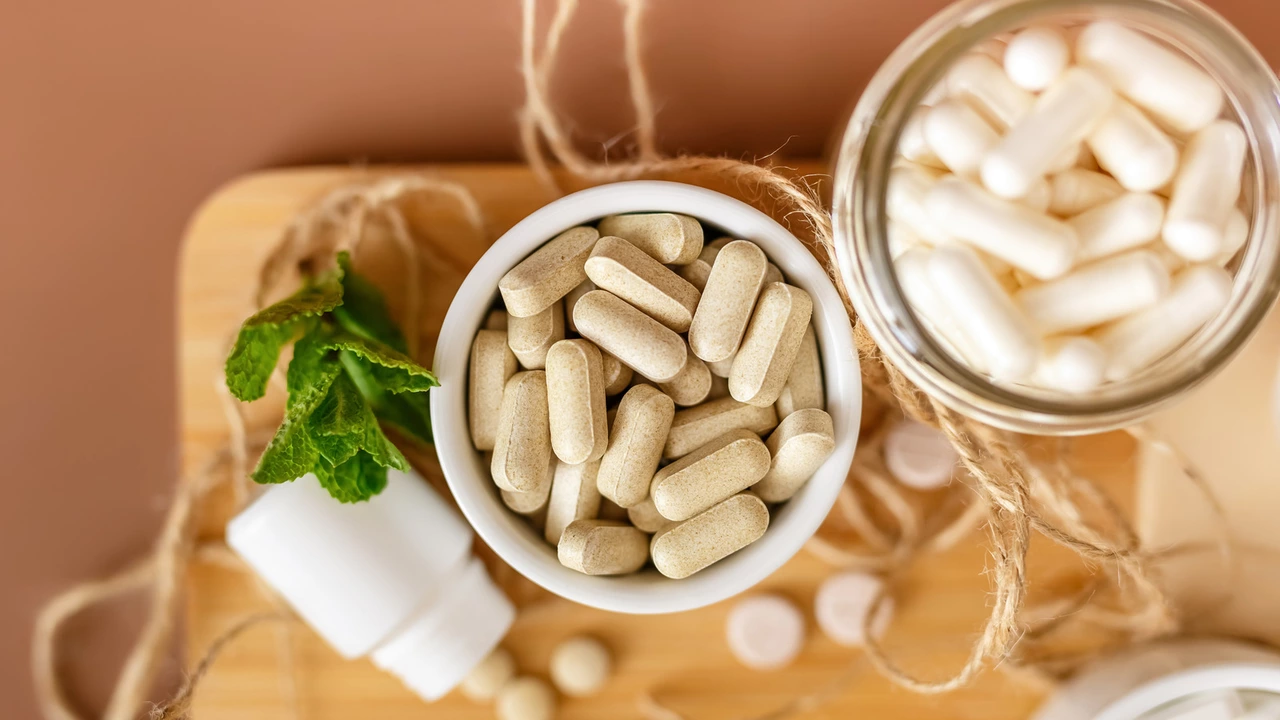Natural Remedy: Simple, Safe Options You Can Try
Want natural ways to feel better without complicated jargon? Natural remedies can help with digestion, mild inflammation, blood sugar support, and mood when used wisely. This page pulls practical advice from focused articles — like berberine vs metformin, apple cider vinegar benefits, OTC alternatives to prednisone, and natural antidepressant options — so you get real, usable tips rather than vague promises.
How to pick a safe natural remedy
Start with one clear goal: reduce inflammation, improve digestion, or support blood sugar. Don’t try five supplements at once. Check three things before buying: evidence, safety, and source. Evidence means simple studies or trusted reviews showing an effect for your problem. Safety means checking interactions with your current meds — some herbs change how drugs work. Source matters: pick brands with third-party testing or transparent labeling so you know what’s inside.
Talk to your primary care provider or pharmacist if you take prescriptions. Online articles here explain options like berberine for blood sugar support and herbal alternatives for mood, but a provider can flag dangerous combinations. If you’re pregnant, nursing, have liver or kidney problems, or take blood thinners, get medical advice before starting anything new.
Quick, practical options to try (and how to use them)
Berberine and apple cider vinegar get a lot of attention. Berberine is discussed as a natural supporter for blood sugar — useful for some people as part of diet and activity changes. Apple cider vinegar can help digestion or reduce post-meal spikes for some, but it’s not a replacement for prescribed diabetes drugs.
For inflammation, over-the-counter choices like NSAIDs work fast, but some people prefer herbs such as turmeric or supplements like omega‑3s for long-term support. When swapping from a steroid like prednisone for mild issues, expect slower results from natural options and monitor symptoms closely.
Skin fungal issues such as ringworm usually respond to topical antifungal creams. Natural approaches (tea tree oil, for example) may help mild cases, but persistent or spreading infections need a proven antifungal and a check with your clinician.
Here are quick rules you can use today: 1) Start low and test for sensitivity, 2) Keep a symptom diary for 2–4 weeks, 3) Buy from reputable brands, and 4) Stop and seek care if symptoms worsen or new concerning signs appear (fever, shortness of breath, severe pain).
Natural remedies can be useful tools, but they aren’t magic. Use them alongside sensible lifestyle changes — better sleep, balanced meals, and regular activity — and lean on trusted sources when you need more than self-care. If a problem keeps going or worsens, see a clinician. That’s the fastest way to get safe, effective relief.

Dive into the World of Sweet Woodruff: Your New Favorite Dietary Supplement
- by Colin Edward Egan
- on 3 Jun 2023
I recently discovered the amazing world of Sweet Woodruff, and I'm excited to share that it has quickly become my new favorite dietary supplement! This versatile herb not only has a delightful aroma but is also packed with health benefits. It's known for its calming effects, which can help with sleep and digestion. Plus, its detoxifying properties are great for boosting our overall well-being. I can't wait to see the positive changes it brings to my daily routine!
